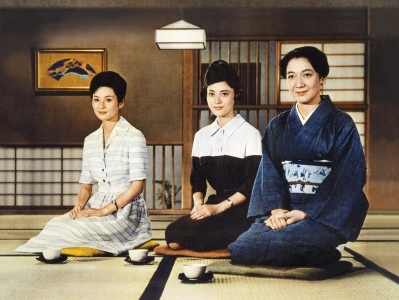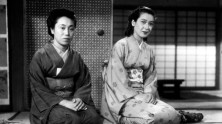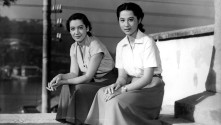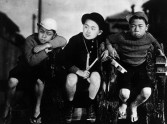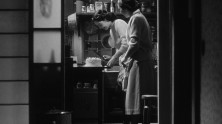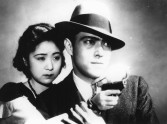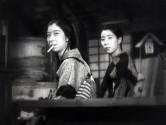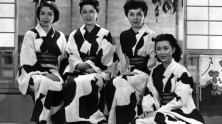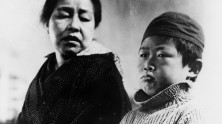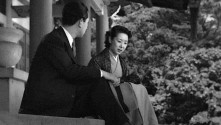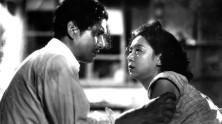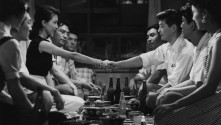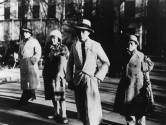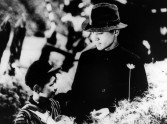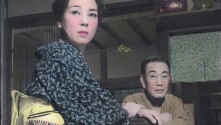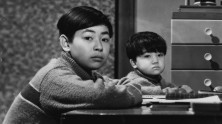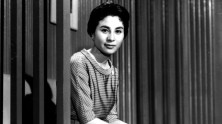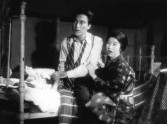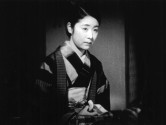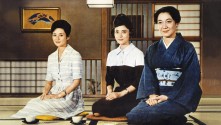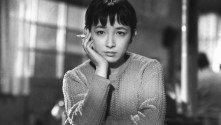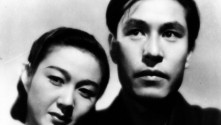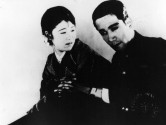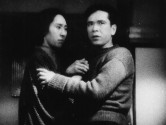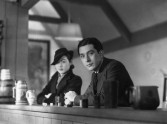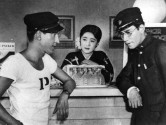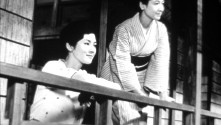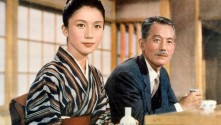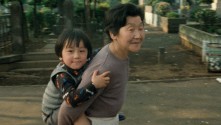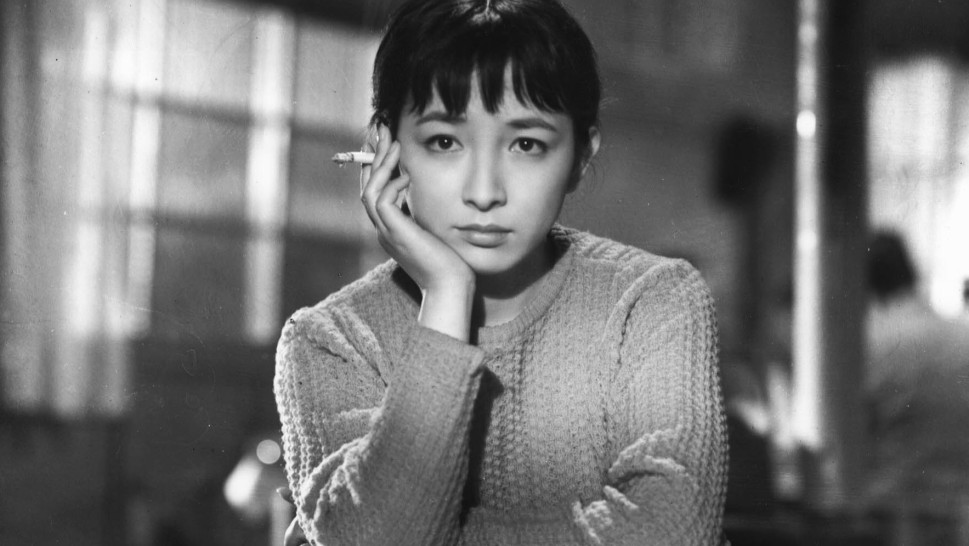
Tokyo Twilight
(Tokyo boshoku)
With Hara Setsuko, Yamada Isuzu, Arima Ineko.
Japan, 1957, 35mm, black & white, 141 min.
Japanese with English subtitles.
Print source: Janus Films
As suggested by its title—one Ozu originally conceived for A Mother Should be Loved—Tokyo Twilight continues the director’s examination of parentage, or to what degree the identity of the parent shapes the identity of the child. Takako (Hara Setsuko) and Akiko (Arima Ineko) live with their father Shukichi (Ryu Chishu). Takako is taking refuge from an abusive husband. The unmarried and pregnant Akiko is attempting to have an abortion without anyone’s knowledge. Many years ago, their mother (Yamada Isuzu) abandoned the family while Shukichi was stationed in Seoul; the film suggests this event is the main reason for the sisters’ ongoing difficulties finding love. As in Early Spring, the explicit subject matter and grittier tone of Tokyo Twilight demonstrate a change in the tastes of studios and audiences, and Ozu’s interest in addressing younger viewers. The connection Ozu makes between parental neglect and youth delinquency is linear, perhaps to a moralistic degree. Yet the film’s melodramatic excesses are tempered by the way Arima Ineko inhabits space with fear in her eyes and fortitude in her posture, her confrontational personality contrasted with Ryu Chishu’s controlled performance as her tepid and listless father.
